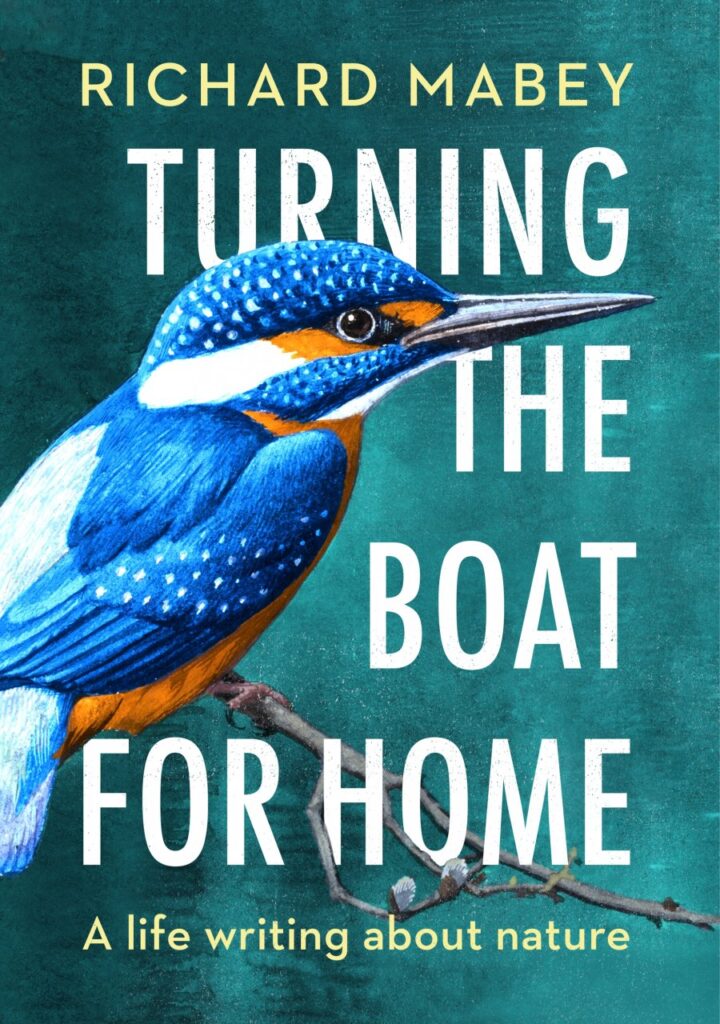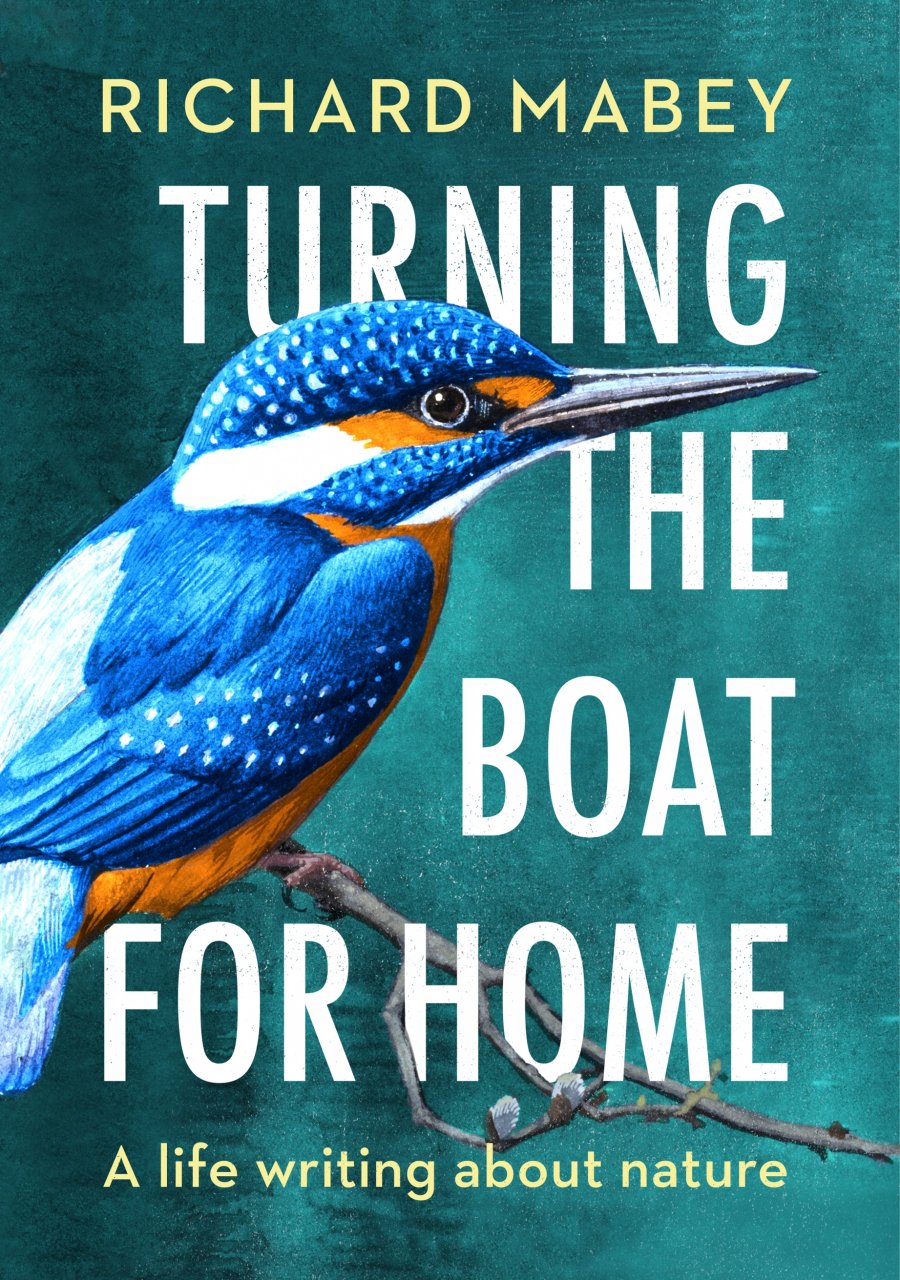There comes a time in a writer’s life when one needs to say something about the circumstances and experiences that lie behind the work, and which influenced its development. This ‘long view over my life’ is the subject of Richard Mabey’s new book, centred on his written work over more than 40 years, from Food for Free (1972) to The Cabaret of Plants (2015). It is not a conventional autobiography and is about the writing more than the life: a sort of naturalist’s progress, illustrated by edited versions of articles, broadcasts and other relevant materials, mostly written since 2005.
The book is divided into four parts, each with an introduction. The first, titled ‘The Shock of the Real’, is about Mabey’s early influences, among them Richard Jefferies, Gilbert White, Ronald Blythe and Lewis Thomas’s book The Lives of a Cell – plus the Collins New Naturalist library, which gets two cheers only (they are too impersonal). Part two concerns ‘the curious business of writing about plants’ – about half of Mabey’s output – and his presentation of them both as autonomous beings with their own ‘agendas’ and also ones deeply embedded in human culture. Along the way he delivers a boot to the ‘manufactured’ landscapes of Capability Brown, praises the work of Andy Goldsworthy, and is entranced by the behaviour of plants in his own garden.
Part three, ‘Common Ground’, is concerned with Mabey’s broadly political influences. There are sympathetic essays on Kenneth Allsop, Roger Deakin and Oliver Rackham, and the best account ever written about the Battle of the Bogs: the nefarious tax dodge that almost destroyed the Flow Country. It also includes his thoughts on running a community wood near his then home in the Chilterns.
The final part addresses the so-called new nature writing and its tendency ‘to morph into a subcategory of memoir writing with a rather unusual cast of characters’. The title essay, Turning the Boat for Home, includes a moving discourse on the subject of neighbourliness, inspired by a group of whirligig beetles. Mabey has a knack of pinpointing what many of us must feel but can rarely put into words. No one is better at finding empathy with non-human living beings, and our mutual dependencies, while also respecting their ‘otherness’.
To my ear, this book has an elegiac quality. Mabey has faith that ‘life will find a way’; that one way of coping with the gathering crisis in the natural world is to ‘sing against the storm’. Nature endures; even now, in the most desolate urban centre or sanitised park, it will spring eternal. This mature work by our greatest nature writer goes a long way to justifying its author’s belief that the greatest ecological gift we possess is language.


